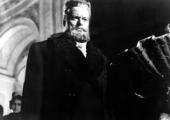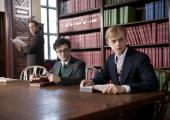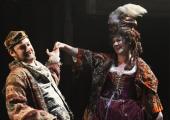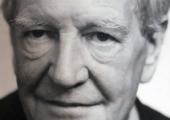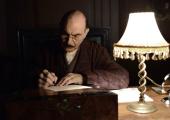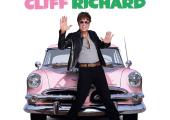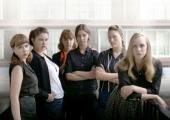Agatha Christie's Marple: Endless Night, ITV
Superior, suspenseful Christie, now with added Marple
“Her most devastating surprise ever.” Thus spake The Guardian, a quote happily slapped across the cover of the first paperback edition of Agatha Christie’s 1967 thriller Endless Night. While I wouldn’t go quite that far – that honour goes to her still startling, genre-busting The Murder of Roger Ackroyd (1926) – it’s a compelling little chiller. Small wonder that ITV wanted it for their franchise. Just one tiny problem: it’s a crime novel without a detective.

